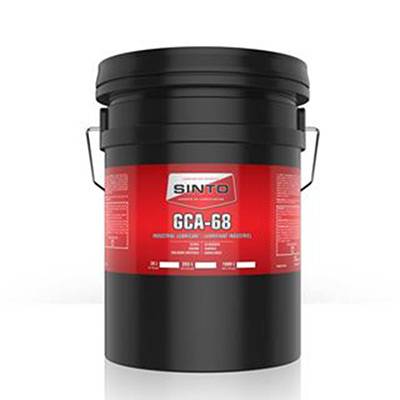అక్టో . 31, 2024 10:10 Back to list
water control valve
Understanding Water Control Valves Essential Components in Fluid Management
Water control valves are integral devices used in various industries and residential settings to regulate the flow of water. These valves play a crucial role in maintaining optimal water pressure and conserving water resources, contributing significantly to efficient fluid management systems.
At its core, a water control valve functions by opening, closing, or partially obstructing water flow. This control mechanism is vital for numerous applications, including irrigation systems, plumbing networks, and industrial processes. By adjusting water flow rates, these valves help maintain desired pressure levels, preventing pipe bursts and leaks caused by excessive pressure buildup.
One common type of water control valve is the globe valve, which allows for precise flow regulation. The design features a globe-shaped body, with an internal movable disc that can be raised or lowered to change the flow area. This configuration is particularly advantageous in systems where flow demands frequently fluctuate. Another prevalent type is the ball valve, which provides quick shut-off capabilities. Its spherical disc rotates within the valve body, allowing for a virtually unobstructed flow when open and complete closure when turned.
In agricultural settings, water control valves are essential for irrigation systems
. They enable farmers to manage water application rates effectively, ensuring crops receive adequate hydration while minimizing waste. Automated systems equipped with sensors can trigger valves to open or close based on soil moisture levels, enhancing water efficiency and crop yield.water control valve

In residential plumbing, water control valves are equally important. They help homeowners manage water supply to various appliances, such as washing machines, dishwashers, and showerheads. By providing the ability to control water temperature and flow rates, these valves contribute to a more comfortable and efficient home environment.
In industrial applications, water control valves help manage processes where water quality and temperature are critical. For instance, wastewater treatment facilities use these valves to regulate the flow of incoming water while ensuring that treated water meets environmental standards before being released back into natural bodies.
The selection of water control valves must consider several factors, including the type of fluid, pressure requirements, and the specific application. Maintaining these valves is crucial to their performance; regular inspections can help identify wear and prevent leaks, ensuring efficient operation and extending their lifespan.
In conclusion, water control valves are vital components in fluid management systems, playing crucial roles across diverse applications. By effectively regulating water flow, they help conserve resources, enhance efficiency, and ensure that water systems operate smoothly. Their importance cannot be understated, as they contribute significantly to sustainable water management practices across the globe.
-
Heavy Duty Knife Gate Valve PerformanceNewsJul.25,2025
-
Choosing Between Gate and Globe Gate Valves for Optimal PerformanceNewsJul.25,2025
-
Cast Iron Y Strainer DurabilityNewsJul.25,2025
-
Ball Style Check Valve MaintenanceNewsJul.25,2025
-
Types of Strainer in Piping SystemsNewsJul.25,2025
-
The Role of Master Ring Gage in Quality Control SystemsNewsJul.25,2025
Related PRODUCTS









